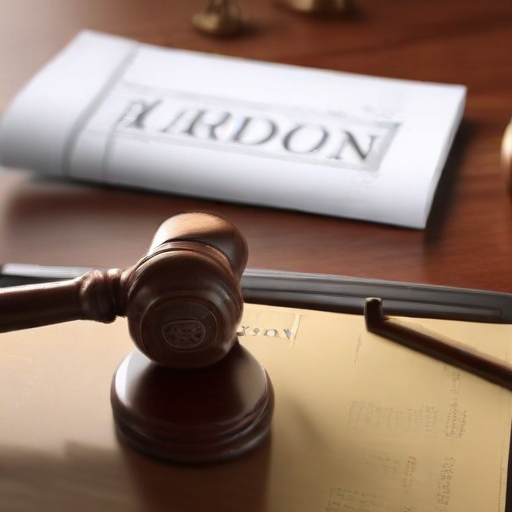President Joe Biden has granted a presidential pardon to his son, Hunter Biden, who was facing sentencing for two criminal cases involving gun ownership and tax evasion. This decision has sparked controversy, particularly since Biden had previously stated that he would not pursue such a pardon for his son. He argued that the charges against Hunter were politically motivated.
Hunter Biden faced sentencing after being convicted of three charges related to lying about his drug use on a gun purchase form. This made him the first child of a sitting U.S. president to be criminally convicted. Additionally, he pleaded guilty to federal tax charges, which included failing to file and pay taxes between 2016 and 2019. He faced potentially lengthy prison sentences, but experts suggested he would likely receive much shorter terms, potentially serving them concurrently.
A presidential pardon, as defined by the U.S. Constitution, allows the president to grant reprieves and pardons for federal offenses. Biden’s pardon for Hunter is comprehensive, covering any potential federal crimes committed over a decade, extending back to before Hunter Biden’s involvement with the Ukrainian energy company Burisma, a role that has drawn scrutiny due to his father’s past political position.
This action marks Biden’s 26th presidential pardon, continuing a tradition where presidents on both sides of the political aisle have exercised their clemency powers. Notably, past presidents, including Donald Trump and Bill Clinton, also issued pardons to individuals close to them, often stirring public debate about the motivations and implications behind such decisions.
Despite the controversies surrounding both Biden and Hunter, the pardon illustrates a broader theme of presidential authority and discretion in matters of justice. While pardons can sometimes be seen as endorsements of certain behaviors or individuals, they also serve as a reminder of the complexities of legal and political accountability.
In summary, this situation highlights not only the personal and political stakes involved but also the ongoing dialogue about the nature of justice and forgiveness in America. As the nation grapples with issues of political motivations and legal integrity, this pardon may serve as a starting point for further discussions on the application of presidential power in the context of individual accountability. Overall, it reflects the intertwined nature of family, politics, and law that remains prevalent in American society.
